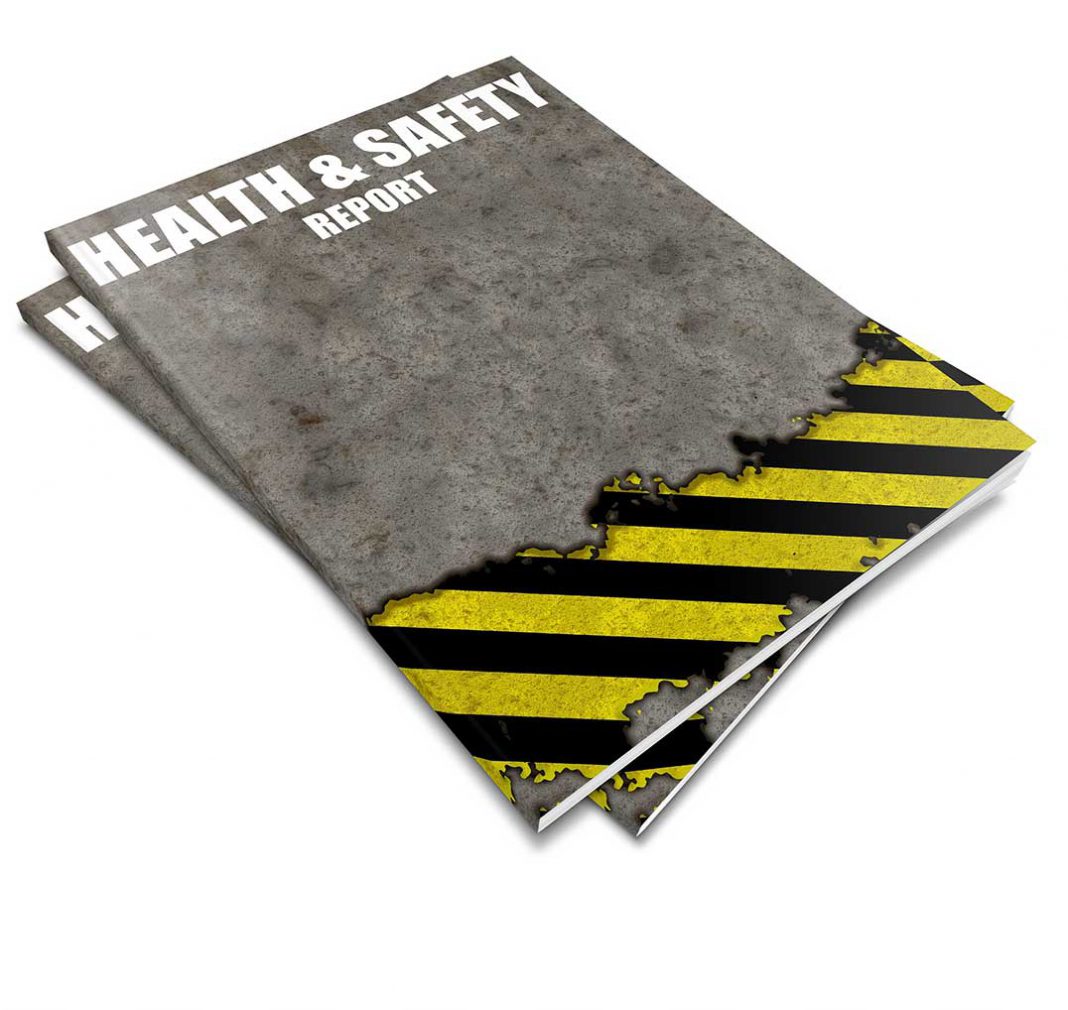KAGAWONG—Provincial government amendments to the Ontario College of Trades and Apprenticeship Act that dilute (the College) enforcement powers and devalue a certification of qualification will impact the health and safety of everyone in the province, says a Billings township councillor.
“This legislation turns a blind eye to inspection, to be done by people unqualified to do this work,” stated Brian Parker, last week. “This is one of the most ludicrous pieces of legislation brought forward by this government; it dilutes the safety and health of everyone in the province.”
Mr. Parker was referring to what has been described as an attack on skilled trades, section 17 of Bill 70.
Under schedule 17 of Bill 70 the government has introduced amendments to the Ontario College of Trades and Apprenticeship Act (the Act) that will dilute the enforcement powers of the Ontario College of Trades and devalue a Certification of Qualification and the compulsory trades designation.
Mr. Parker noted the government has chosen to hide these “damaging” amendments from public scrutiny by attaching them to an omnibus bill.
Mr. Parker provided information that explains there are currently 22 compulsory trades in Ontario in which a person must be certified, or be registered as an apprentice in a given trade and a member of the College, to work or be employed in that trade. Certification is compulsory to ensure that anyone engaged in the practice of trades which pose risks to workers, public safety or consumer protection, are trained and sufficiently competent to work properly and safely. The certificate of qualification is the only demonstrable proof of that training. The government’s proposed amendments will now allow individuals without certification to do work within the scope of these trades.
The Liberal government has introduced amendments that allow individuals to appeal a notice of contravention from the College to the Ontario Labour Relations Board (OLRB). The College has a mandate to protect the public, while the OLRB does not, said Mr. Parker. The OLRB primary focus is jurisdictional disputes.
The certificate of qualification and compulsory trade status would become meaningless if the OLRB is allowed to break out tasks within a compulsory trade. It also neuters the regulatory body mandated to protect the public, pointed out Mr. Parker. He said it would become a serious problem with persons being hurt as well as higher expenses for consumers when work is not done properly. It means a step back in consumer protection and in promoting skills and training.
Mr. Parker said, “this deregulation will affect the health and safety of all people in Ontario.”
“Years ago we saw cases of tires from vehicles being strewn all over Toronto because bolts were not being tightened enough by people working on the vehicles,” said Mr. Parker. “And there was an increase in household fires, because aluminum wires were not being connected properly.”
“How about food safety with these amendments?” said Mr. Parker. “No doubt this new legislation will affect all people across the province with unsafe vehicles, fires, food poisoning and other problems.”
CBC News reported on December 1, 2016, that certified trades people from across Ontario gathered at Queen’s Park to protest against the bill they say has the potential to threaten their jobs and put their safety on the line.
Organizer John Grimshaw estimated that 4,500 people were gathered at the peak of the demonstration. The concern is around one section of Bill 70, Ontario’s budget implementation legislation. That section, known as section 17, would give the OLRB the power to review or overrule some decisions made by the industry-run Ontario College of Trades.
Trades people worry that the OLRB will give a free pass to non-certified workers who are caught doing jobs normally reserved for certified trades people. Mr. Grimshaw told CBC News that schedule 18 would erode public safety, worker safety, and consumer protection, while employees say apprenticeships will be useless because anyone-even unskilled workers, will be able to do any type of trade.





